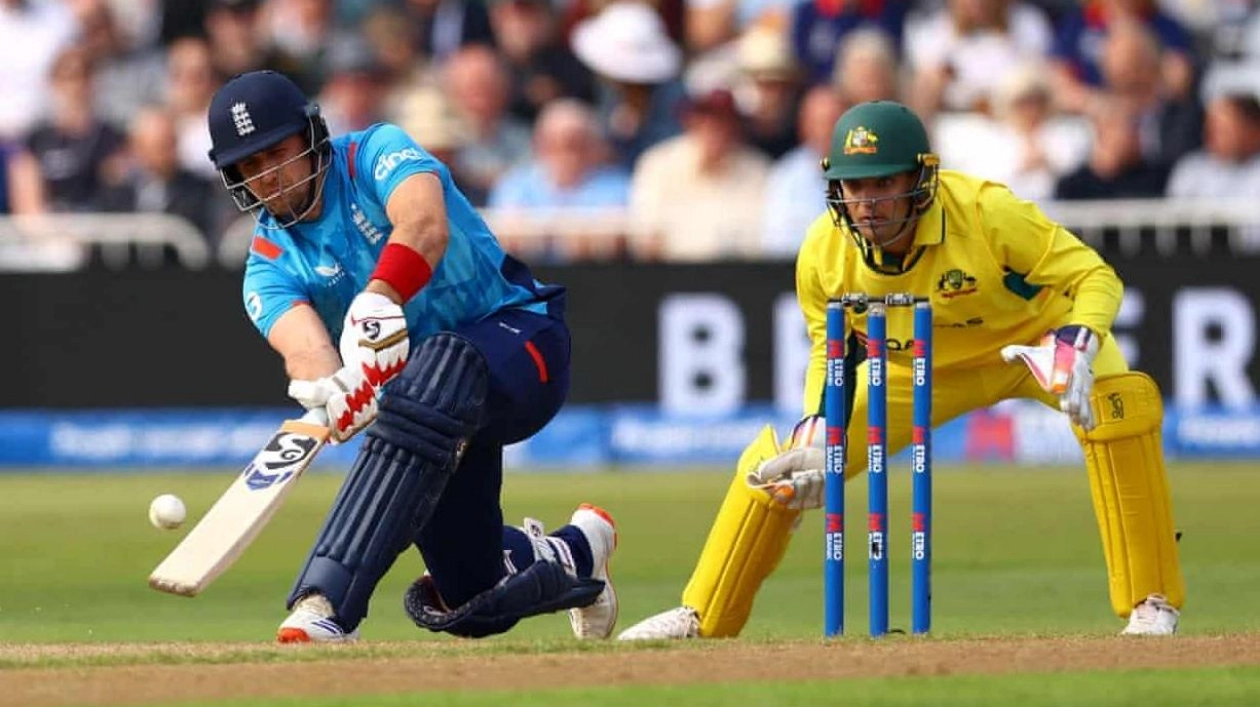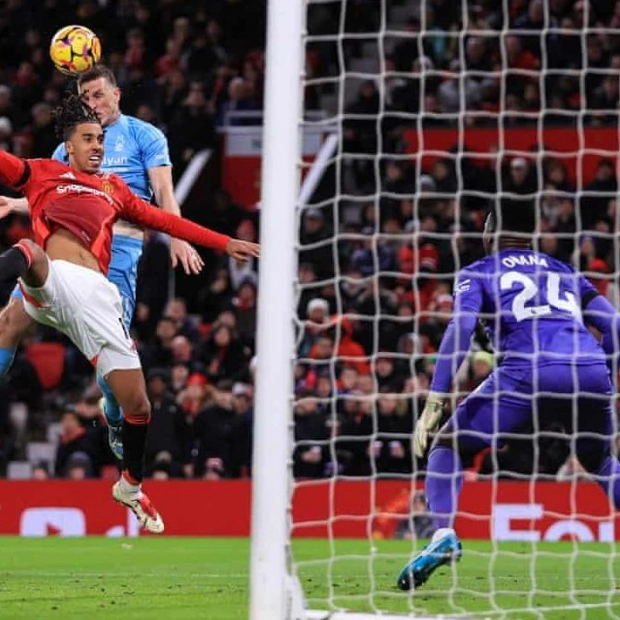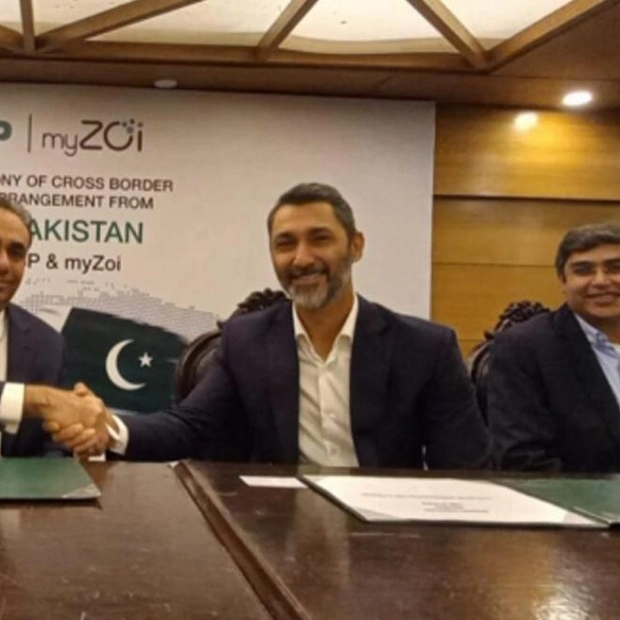Lancashire's chief executive has identified agents as the primary threat to the future of the County Championship. Daniel Gidney, one of the longest-serving chief executives in county cricket, has criticized agents for their lack of concern for the championship and their focus on steering players towards the increasing number of franchise tournaments. "We need to engage in more open discussions," Gidney stated while observing Lancashire's turnaround against Somerset at Old Trafford, which boosted their survival prospects and handed Surrey the title. "Coaches and administrators often bear the blame, but if anyone deserves it, it's the agents. The entire cricket community must unite to find ways to support the championship." Gidney noted that England players are not obligated to participate in the championship, and agents show no interest in it. He suggested that increasing prize money and offering higher salaries to a select few players could help. Instead of the current top domestic salary range of £80,000-90,000, he proposed a salary of £200,000, with the condition that players refrain from participating in franchise cricket.
Lancashire enters the final round of the championship with the looming threat of relegation. They trail third-bottom Nottinghamshire by 15 points and are favored to join already relegated Kent in Division Two next year. Gidney hinted that some players have made themselves unavailable, citing examples like Liam Livingstone, who hasn't played championship cricket for Lancashire since 2021, and Luke Wood, who is currently with the Bangla Tigers in the Zim Afro T10. This season, Lancashire has fielded an average of six players under the age of 22 in the championship, a situation Gidney views as far from ideal. "At least four or five players at Lancashire won't participate in the championship. Some physically can't handle it, while others are making a conscious choice." He criticized the non-objection certificates, which he believes have been weakened over the past five years, limiting his ability to prevent players from traveling for franchise tournaments. Gidney also commended the recent decision by the Board of Control for Cricket in India to require players to participate in the Ranji Trophy or risk jeopardizing their international and Indian Premier League contracts. "Imagine a governing body openly stating that... It was a fantastic prioritization." He acknowledged that Indian cricketers do not have a union.
Gidney expressed some empathy for the players. "They have a career, and I don't begrudge their ability to earn money, but the balance has shifted. When the lowest tier of the Hundred offers what a rookie would earn in the championship, who wouldn't choose to earn more money for less work?" This is a question the cricket community needs to address urgently.






